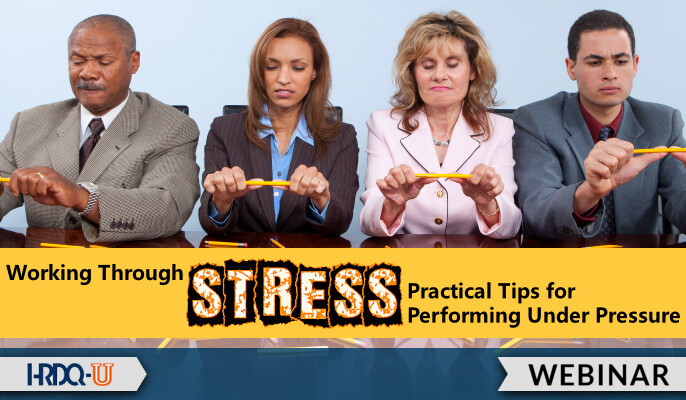As a result, things fall through the cracks.
Interpersonal relationships are strained.
We’re just plain tired and want a break.
The fact is, when you approach the limits of your leadership abilities, the effects show up not just in your performance at work but also in your relationships with those you are closest to.
Poor leadership has a quick trickle-down effect. The less effective you are as a leader and manager, the more the productivity of your team suffers. Unfortunately, the times when leaders are the most stressed and stretched thing are the times when an organization needs effective leadership the most.
Lucky for all of us with the opportunity and responsibility of leading and managing others, there are steps we can take to avoid falling off the edge and get back to our best selves.
Research and experience show that leadership and self-management are skills that can be learned and developed, so next time you start to reach to edge of your leadership cliff, consider the following tips to make sure you are keeping your cool under pressure.
Stress Management
Your brain is the most powerful organ in your body. It’s not only responsible for all of our internal processes such as thoughts and sensations, but it is also responsible for every movement we make. It’s important to give it a rest! This should consist of exercising both mentally and physically by practicing mindfulness or going for a run. Make it consistent! Managing your stress effectively isn’t one big vacation or break but lots of small decisions made to take care of yourself every day.
Time Management
Try and be task-driven and problem-solving-focused. This means being mindful and intentional about compartmentalizing non-productive emotional expression, especially while at work. Use lists and calendar systems to set hard deadlines for yourself. This requires looking forward and scheduling your time to make sure you’re taking advantage of every moment. Reward yourself when you reach those deadlines, and don’t be overly critical of yourself when you don’t.
Team Management
Use your team effectively! Seeking support from your team and the people around you is incredibly important. Examine your workload and determine what can be delegated to others. Next, communicate your expectations for them, as well as the product, clearly. Collaborate on deadlines with your team. This ultimately requires that you trust your team and that you allow them to work autonomously. This can help to take some of the pressure off of you at work and move you a few steps back from the edge.
Learn more about stress management by watching Working Through Stress: Practical Tips for Performing Under Pressure, presented By Dr. Kayla LeLeux-LaBarge.
















